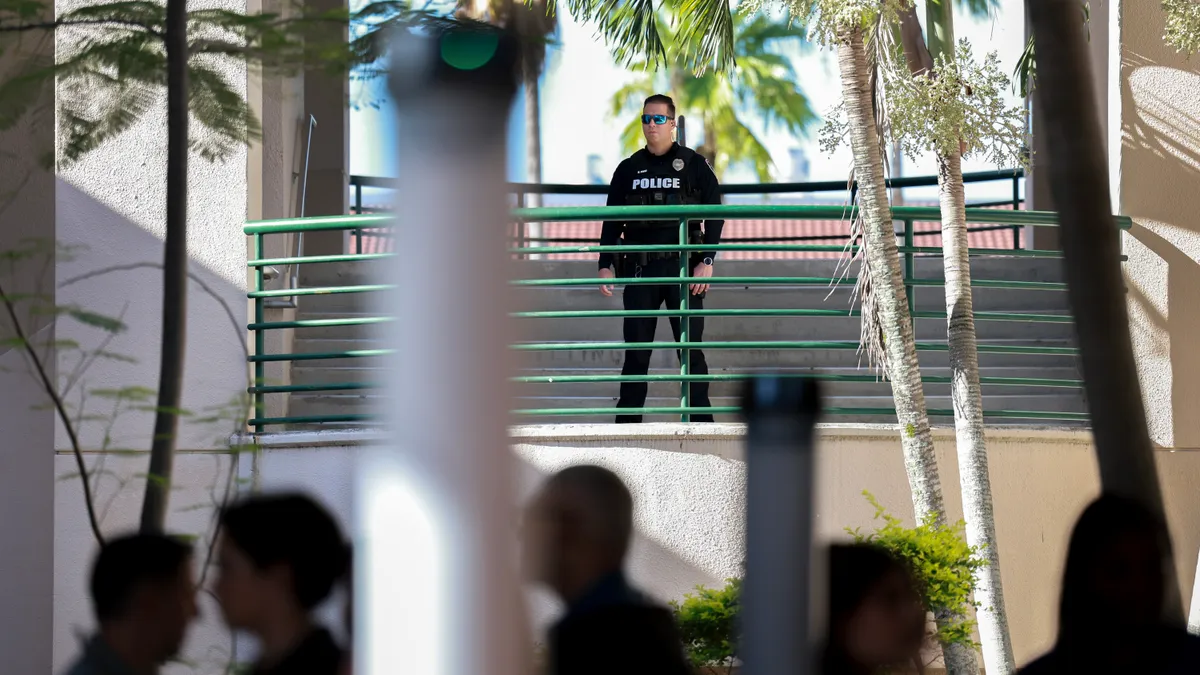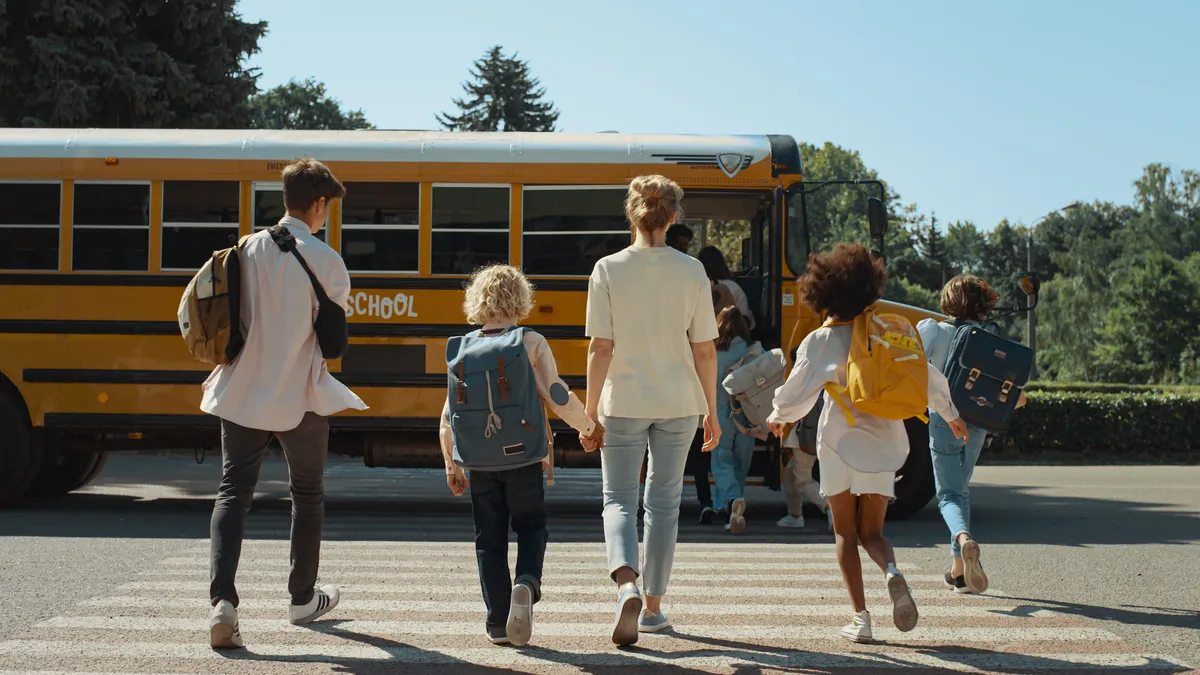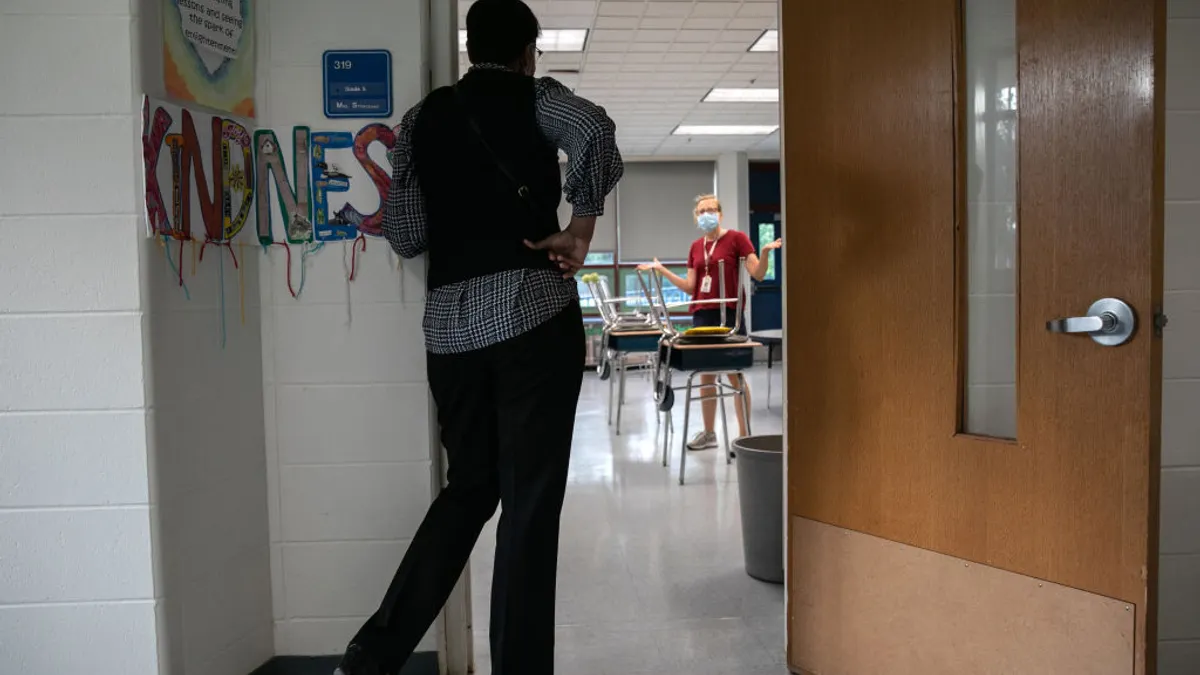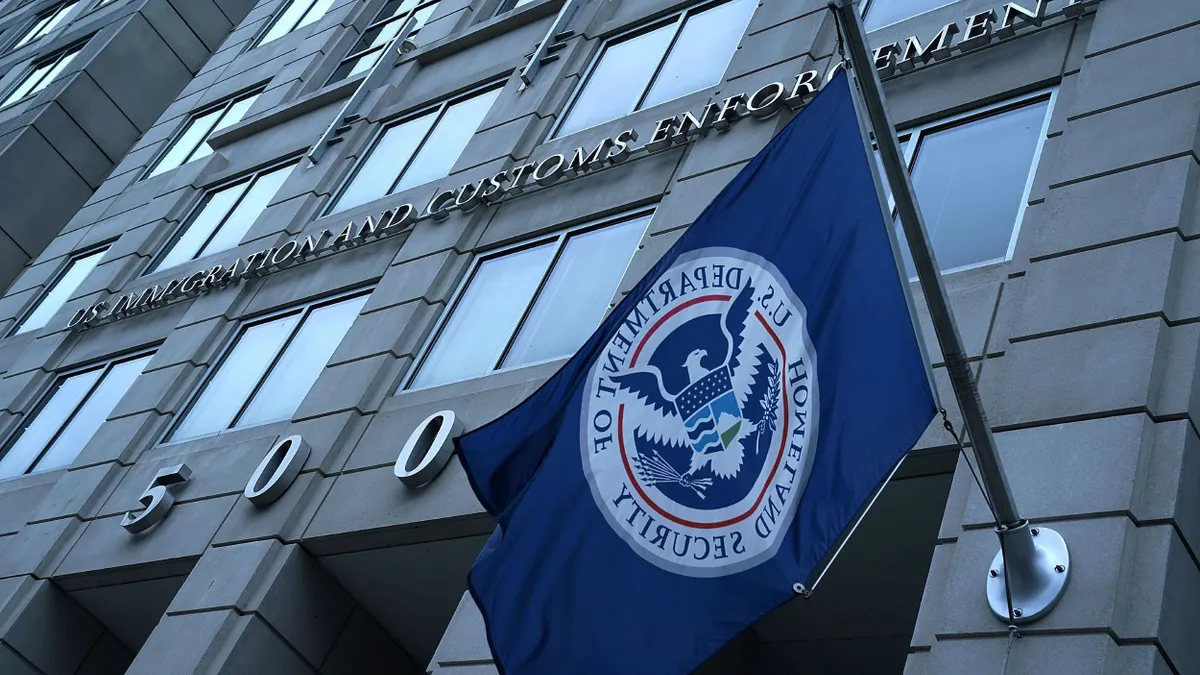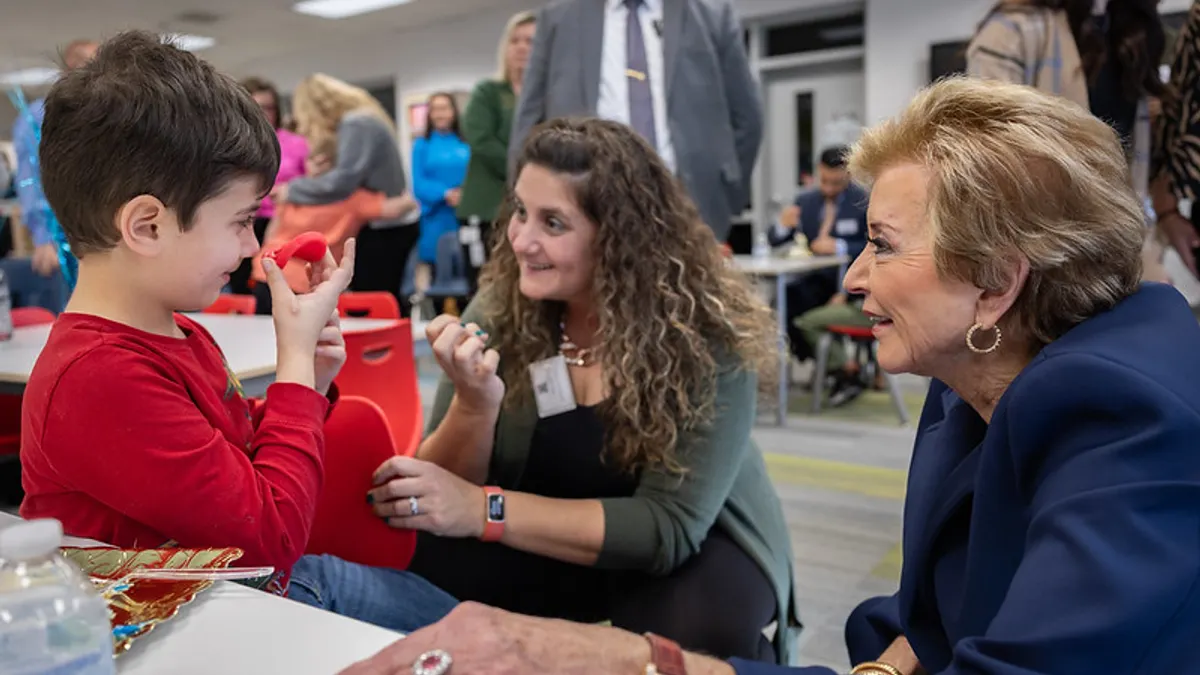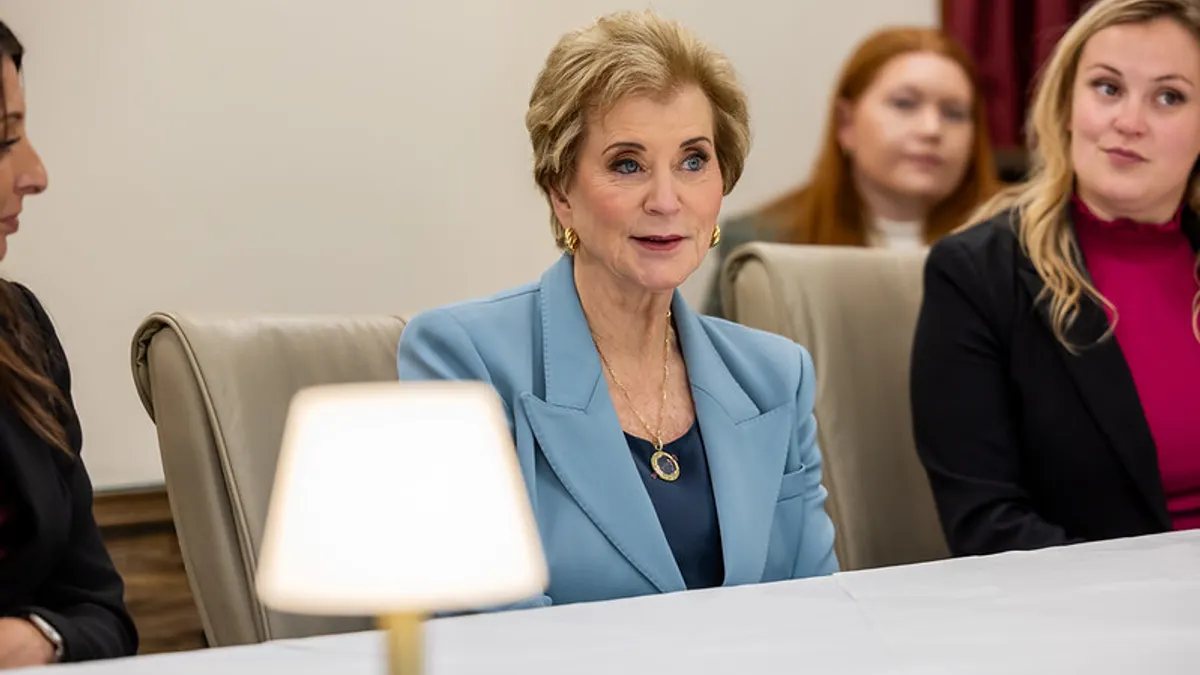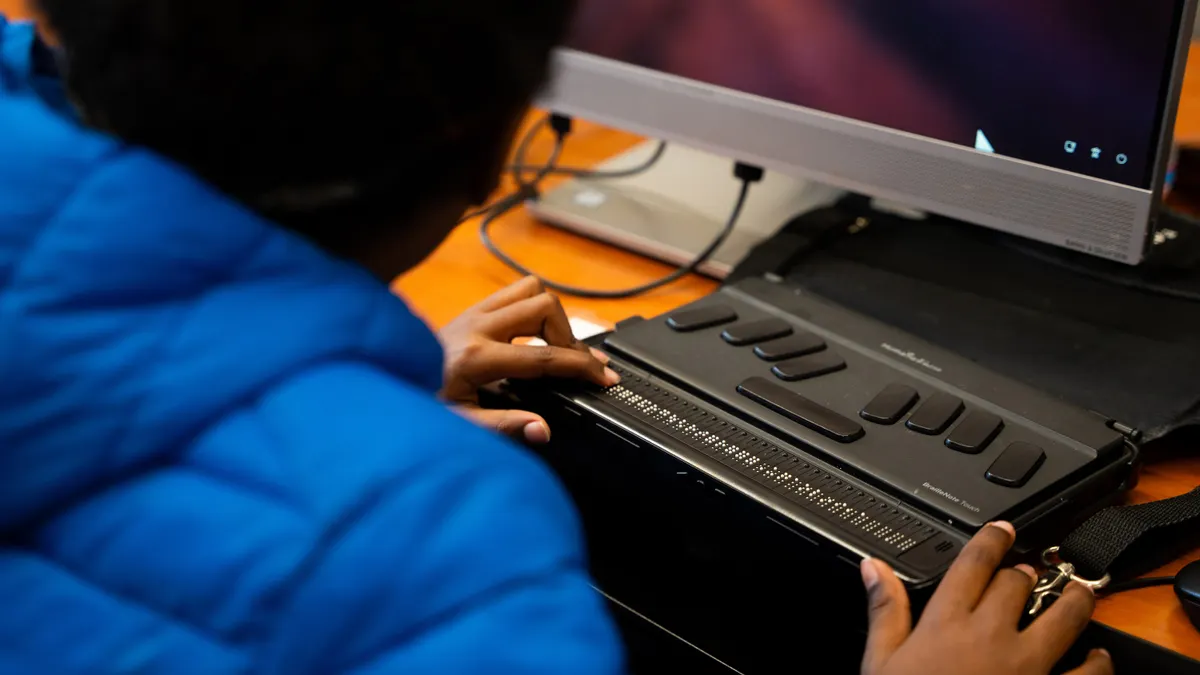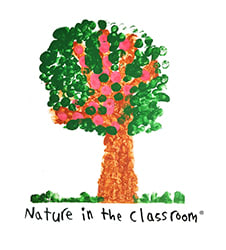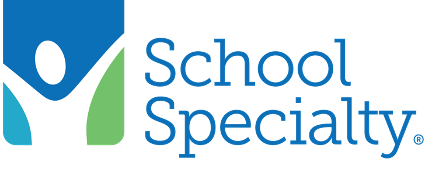When Miguel Cardona took the reins of the U.S. Department of Education in spring 2021, he had his work cut out for him. For one thing, only about half of public school students had returned to full-time, in-person learning from COVID-19 closures.
Despite the challenges wrought by the public health emergency, Cardona set high goals for student academic achievement, expansion of career pathways, increased access to student mental health services and more opportunities for multilingualism. During Cardona's tenure, the U.S. Department of Education was also tasked with managing the largest historic one-time influx of federal funding provided by Congress to help schools recover from the pandemic.
But some initiatives that Cardona sought — notably an expansion of Title IX protections — faced a rocky reception.
A new rule to extend Title IX protections for the first time to LGBTQI+ students and employees was struck down nationwide last week by the U.S. District Court for the Eastern District of Kentucky. Just weeks earlier, the department wound up pulling back its plan to finalize its proposed Title IX rule extending protections to transgender student athletes, saying public sentiment and legal challenges stood in the way.
Now as Cardona begins his last days as education secretary, we spoke with him about his accomplishments, the work he considers left undone and the advice he has for his successor.
Editor's note: This interview has been edited for brevity and clarity.
K-12 DIVE: Through your travels to schools across the country, what's one aspect about public schools that stands out to you?
MIGUEL CARDONA: People take great pride in giving back to their community, so I think a common theme is people want to support their local public school. There's such a sense of ownership of our public schools as part of the fabric of the community. So there's just more than reading, writing and arithmetic. It's really where we build community in our country.
What was the biggest challenge you faced as education secretary?
CARDONA: I took over when over half of our schools were closed. We pushed, and we raised the bar at a time when so many in our country were trying to privatize public education, they were demonizing our educators.
For me, the opportunity to really lift up public education as the greatest equalizer in our country — to reopen schools and reimagine schools and do better than what it was in 2019 — that to me has been the greatest opportunity. But we were also presented with challenges — the pandemic and this mindset in our country that in order to move forward, we have to privatize education. I'm firmly against that.
I would also argue [that another challenge is] the stagnant nature of higher education. If I'm going to help my kids in K-12, I have to make sure that there are options when they graduate. So improving college and career pathways and making sure college is affordable and accessible — challenging the status quo there was a challenge that we were proud to attack.
What was your biggest regret?
CARDONA: You never punch out. There's always more you can do. I wanted to do more in terms of assessments. I think our country is ready for an evolution of our assessments, and I was looking forward to engaging in that work of making sure our assessments are more sensible, that we use them to enhance good pedagogy. So I wish we had more time to do that.
What is the singular accomplishment that you are proudest of in K-12?
CARDONA: We've ushered more resources and support in K 12 schools in the four years under the Biden-Harris team than at any other point in our country's history. We had zero states with teacher apprenticeships. I think we're at 48 now. We had a shortage of school social workers. We have 16,000 more now. In the past, we had a fragmented system, and now we have workforce development plans that give students options, not just four-year college.
What we did is we really worked on the things that we needed to focus on, and we raised the bar on all aspects of those. So for me, it was focusing on the instructional core and lifting up and raising the bar on the things that we know need attention in education, and not coming out with a silver bullet that [Washington,] D.C. is going to fix everything because we have the best answers.
What did you accomplish during your time as secretary that you are worried about the incoming Trump administration undoing?
CARDONA: Efforts to promote equitable access and outcomes. Ensuring that the neighborhood public school is a viable option for all students. I worry about the threats of privatization that President-elect [Donald] Trump has mentioned in the campaign. I worry about the protections of students, vulnerable students.
The threat of closing the [U.S.] Department of Education is going to impact rural students the most, students with disabilities the most, students who benefit from Title I support the most. We made some strides in the Biden-Harris team with more Title I dollars, with supports for students with disabilities, for protections for vulnerable students who are marginalized or targeted, and I worry that those are going to be peeled back and the most vulnerable are going to suffer the most.
What advice do you have for superintendents and public school advocates as school competition increases? Do they need to be more innovative with marketing?
CARDONA: I love the idea of school choice. I'm a big believer in school choice. I do think families should be able to choose where they want their children to attend school. What I don't agree with is public education dollars being used to fund choices for the privileged few at the expense of a local public education system that maybe doesn't have funding for the communication strategy that you're suggesting.
Now, there are some private institutions that are amazing, and power to them. And there should be competition for good schools for kids. Our kids deserve the best, but we have to make sure that our local neighborhood school is one of those good options.
What advice do you have for your successor? [Trump has named Linda McMahon to serve as U.S. education secretary in his administration. The Senate has not yet scheduled her confirmation hearing.]
CARDONA: I wish her well. I want her to be successful supporting public education, and I would tell her to be on the ground, visit the schools, listen to the students, parents and educators. I think the closer you are to the work, the more likely the decisions you make in D.C. are going to be the right ones.
What are your plans after you leave office?
CARDONA: The job will change, but the work won't. I want to continue to support students and educators across the country, providing opportunities for students that maybe don't have them, and stay connected. I mean, students inspire me. School systems and schools inspire me to keep going. So my purpose hasn't changed. The job title will.
I know that I'm going to find something eventually that's going to make me feel that same passion to serve, in particular around the space of education. I am currently secretary of education for another week. When it comes time for me to look, I'll survey the field and see where my skills could help align with my values and supporting students.


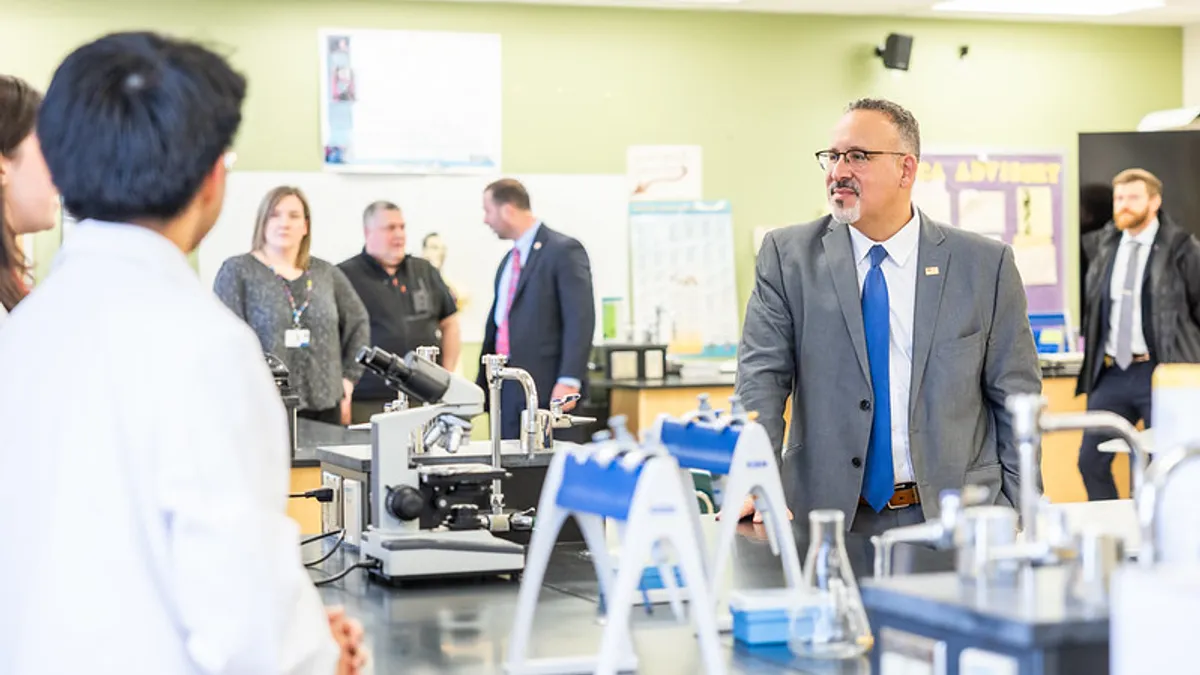




 Dive Awards
Dive Awards
